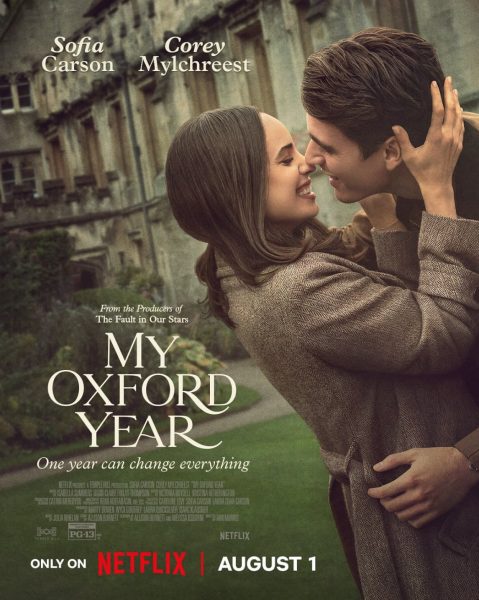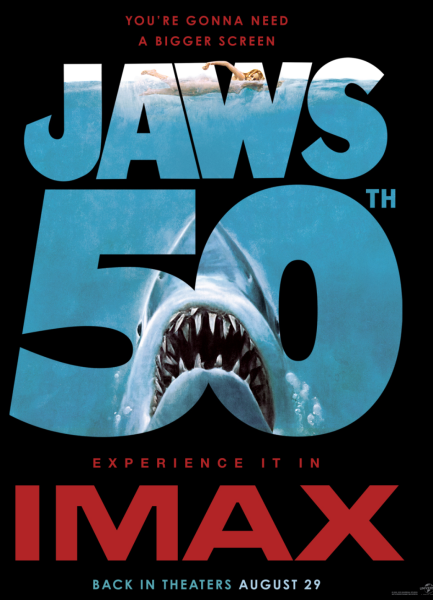“Elvis” Falls Short
Baz Luhrmann’s “Elvis,” released earlier this summer, follows Elvis’ life and rise to fame. The film stars Austin Butler as the King himself and Tom Hanks as his manager, Colonel Tom Parker. The story is told through Parker’s narration, attempting to twist the story and “set the record straight” after tabloids and news outlets call him a leech. However, he is ultimately proven to be exactly as they say as the movie progresses.
Visually speaking, the film embraces maximalism to an extreme, as is Luhrmann’s trademark (seen in “The Great Gatsby” from 2013). Unfortunately, the visuals in “Elvis” become overwhelmingly stylistic, and Luhrmann seems to prioritize aesthetic over legibility. Shots become indistinct within the film, and lose focus of Butler in moments where he’s supposed to be the star. Especially when, visually, maximalism should work since Elvis became known for his glitz and glam costuming and wild performances.
The saving grace of the film’s visuals are the whips of the camera and the zooms during Elvis’ musical scenes, emphasizing the sexuality and physicality of the real life performances.
Butler manages to embody the physicality and vocals of Elvis and even does his own vocals until some later sequences in the film where Elvis’ voice is blended with Butler’s. Butler maintains a clear character throughout the film and drives the plot forward even when it lulls in other aspects. The music is generally well-done; the modern music in the soundtrack blends together with Elvis’ catalog without overwhelming it.
The plot itself revolves, obviously, around Elvis and his dynamics with others. The relationships in the film outside of the one between Elvis and Colonel Tom feel very up and down, with moments of clarity and real feeling spoiled by melodramatic tones typical of biopics. Elvis and his parents are a focal point in the film, but are unfortunately left without real dimension.
Olivia Dejonge’s Priscilla, Elvis’ ex-wife, is well done, but given less screen time than I would like. The film shows the breakdown of their marriage, emphasizing the drama and intensity of their relationship as Elvis becomes more involved with drugs and alcohol. Throughout the film, Dejonge and Butler play well off each other —both while in love and while opposed. The drama in these moments maintains their dynamic without going overboard.
Generally, the plot focuses on these relationships and how they shape Elvis’ fame and musical abilities. The film attempts to draw attention to Elvis’ influences, specifically African American musicians and the blues and gospel music of the era. Though it does include scenes on the famous Beale Street and Elvis’ relationship with his real life counterparts, like BB King and Big Mama Thorton, it often becomes reliant on the African American mentor archetype and falls short in representing the reality of their influence and fame.
Even with its best elements, Luhrmann’s “Elvis” all too often fails to hit the mark. Using the Colonel’s voice as a narrator is a fallback for the poor side characters — like Priscilla and the African American influences in Elvis’ life. “Elvis” ends up feeling like a sanitized version of reality when it could’ve been more honest.













































































































































































































